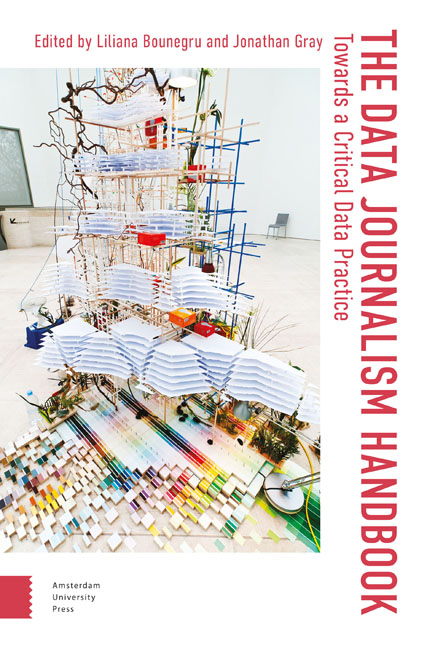44 - The Datafication of Journalism: Strategies for Data-Driven Storytelling and Industry–Academy Collaboration
Summary
Abstract
How are journalism and academia responding to the datafication of their professions, and how can they collaborate more effectively on data-driven work?
Keywords: journalism, academia, collaboration, datafication, data work, researcher–journalist collaborations
We live in a world driven and informed by data. Data increasingly influences how policy and political decisions are made (Höchtl et al., 2016; Kreiss, 2016), informs the design and functionality of the cities we live in (Glaeser et al., 2018), as well as shapes the types of news, products and information that we have access to—and consume—in the digital age (Diakopoulos, 2019; Lewis, 2017; Lewis & Westlund, 2015; Thurman et al., 2019; Usher, 2016; Zamith, 2018). The full power and potential of data, for good or ill, is only just beginning to be realized (Couldry & Mejias, 2019; O’Neil, 2016; Schroeder, 2018).
Governments, universities and news media have long made use of data and statistics to find patterns and explain the world. But with the growth in digital devices and the massive trace data they produce—about our clicks, likes, shares, locations, contacts and more—the sheer volume of data generated, as well as the increase in computing power to harness and analyze such data at scale, is staggering. Making sense of all that data, in many cases, is arguably the biggest challenge, and is deeply fraught with ethical determinations along the way (Crawford et al., 2014). It is a riddle that policy makers, businesses, researchers, activists, journalists and others are contending with—and one that will not be so easily resolved by “big-data solutions” or, in vogue today, the glittering promise of artificial intelligence (Broussard, 2018; Broussard et al., 2019).
In this chapter, building on our respective observations of practice (Radcliffe) and research (Lewis) regarding data and journalism, we outline how the worlds of journalism and academia are responding to the datafication of their professions as well as the broader datafication of public life. Ultimately, our aim is to offer recommendations for how these two fields, which historically have shared a rather uneasy relationship (Carlson & Lewis, 2019; Reese, 1999), might more productively work together on data-centric challenges.
The poet John Donne wrote that “no man is an island.” In a data-driven world, no profession should be either.
- Type
- Chapter
- Information
- The Data Journalism HandbookTowards A Critical Data Practice, pp. 314 - 330Publisher: Amsterdam University PressPrint publication year: 2021

